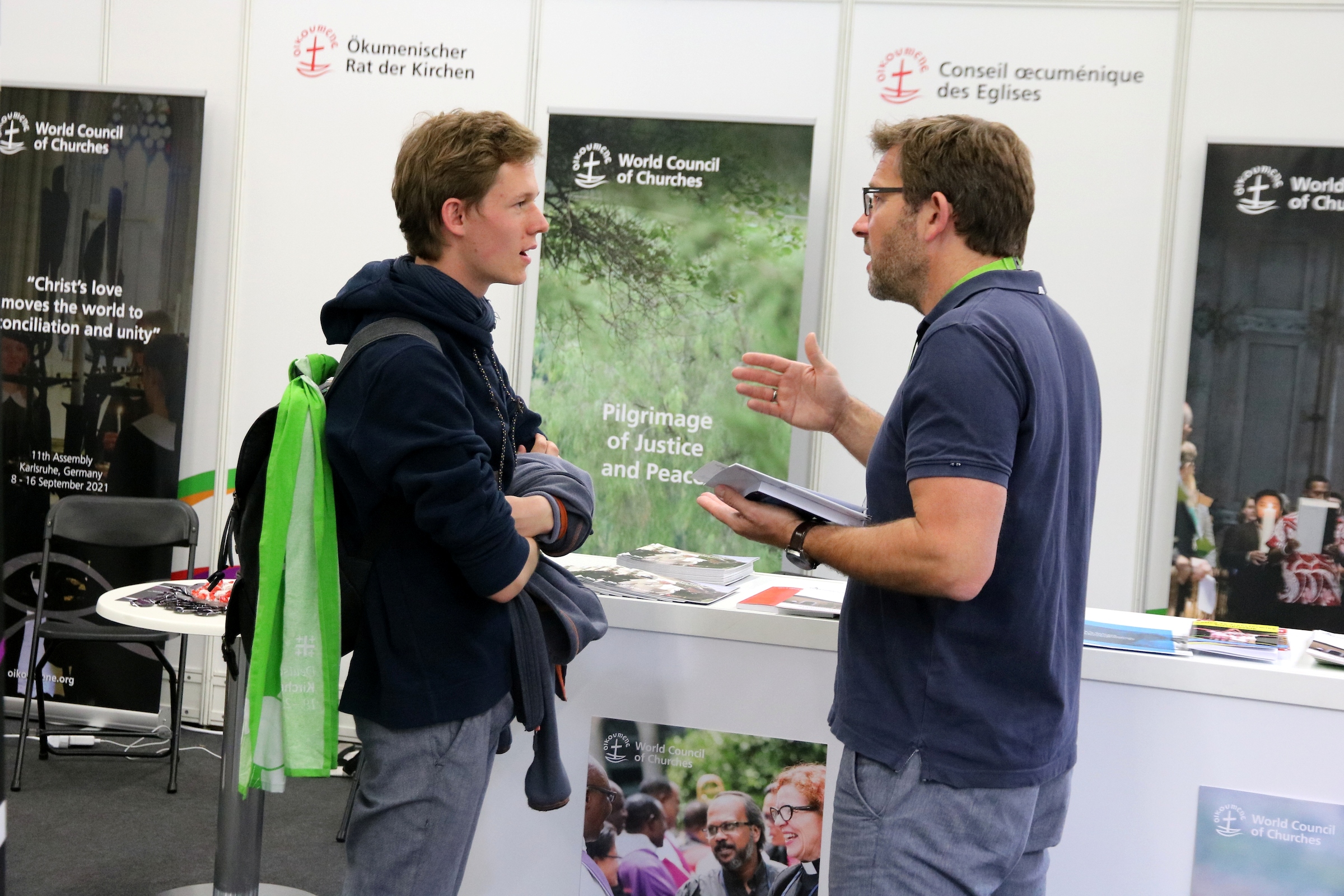[ACNS, by Staff Writer] A spate of violence against Christians has included the murder of the Archdeacon of Eringeti, Ngulongo Year Batsemire, in the Democratic Republic of Congo, who was killed for refusing to denounce his faith. According to a Barnabas Fund report, he was walking to his fields with his wife when they were surrounded by members of the Allied Democratic Forces (ADF) who demanded he convert to Islam. When he refused, they killed him.
He was one of 36 Christians murdered by insurgents on 29 January in North Kivu region. In three days of terror beginning on 7 February, another 30 Christians were killed in attacks in Toko-Toko and Makeke villages.
In western Burkina Faso, gunmen have attacked a church in Pansi, in the Yagha region, according to the international news agency Reuters. The regional governor, Colonel Salfo Kabore, said that 24 people, including the priest, were killed in the attack on Sunday 16 February. It is the second attack on Christians in the country this month. On 10 February, seven people were seized by suspected jihadists who raided the home of a pastor. Five bodies, including that of the pastor, were found three days later.
The General Secretary of the World Council of Churches, Dr Olav Fykse Tveit, condemned the attack, saying: “These acts of violence are attacks on our one human family and we must continue to work together for justice and peace.”
On 20 February, Leah’s mother Rebecca Sharibu marked the second anniversary of her kidnapping with a visit to London to raise awareness of Leah’s kidnapping and to appeal to the British government to help. Later, she met the Archbishop of Canterbury, Justin Welby, and attended a Eucharist in the Lambeth Palace chapel. “We were honoured to share the Eucharist with Rebecca Sharibu today”, Archbishop Welby said on Twitter. “A woman of profound courage and faith. . . We pray for you, and for Leah to be released free from harm.”
In Bangladesh, the NGO Human Rights Watch says that at least 22 Christian Rohingya familes were attacked late January at the Cox’s Bazar refugee camp. A pastor and his 14-year-old daughter were kidnapped in the attack.
In Nigeria, the funeral has taken place of 18-year-old Nnadi Michael, who was murdered after being kidnapped from the Good Shepherd Seminary in Kaduna last month. Michael was amongst three seminarians kidnapped on 8 January. His body was found on 31 January alongside the body of Bola Ataga, who was kidnapped with her two children on 24 January.
“For us Christians, this death is a metaphor for the fate of all Christians in Nigeria, but especially northern Nigeria”, the Roman Catholic Bishop of Sokoto, Matthew Kukah, said. “For us Christians, it would seem safe to say that we are all marked men and women today.”
Two years ago, a Boko Haram faction, Islamic State West African Province, kidnapped 110 girls from their school in Dapchi, Yobe state. Most were released a month later following government negotiations, but the sole Christian amongst them, Leah Sharibu, was denied release because she refused to renounce her faith.




![Police officers from Senegal, Ukraine, Switzerland, Nepal, Cameroon, Nigeria, India and Niger are working as UN peacekeepers in North Kivu with the United Nations Mission in the Democratic Republic of Congo (MONUSCO). [Photo: Kevin Jordan]](https://images.squarespace-cdn.com/content/v1/54abc445e4b034981b610fdc/1582716754850-7ZODU2YHTXUYBAHCLKF1/North+Kivu.png)



![HRH The Princess Royal at the Anglican church of Christ Church, Yamate [Photo: Mission to Seafarers]](https://images.squarespace-cdn.com/content/v1/54abc445e4b034981b610fdc/1572862098598-TPNTUBT3793LKDVIC5FB/Mission+to+Seafarers+.jpg)
![Archbishop Justin Welby at the memorial for the Jallianwala Bagh Massacre [Photo: Lambeth Palace]](https://images.squarespace-cdn.com/content/v1/54abc445e4b034981b610fdc/1569580651739-QCVFU9I6EQ0KJFDQ3RJD/Amritsar.jpg)








![Museum of the Moon in Limerick. [Photo: Deirdre Power]](https://images.squarespace-cdn.com/content/v1/54abc445e4b034981b610fdc/1554836271184-29KNO0GCJPXT7R80OCWQ/Museum+of+the+Moon.jpg)

